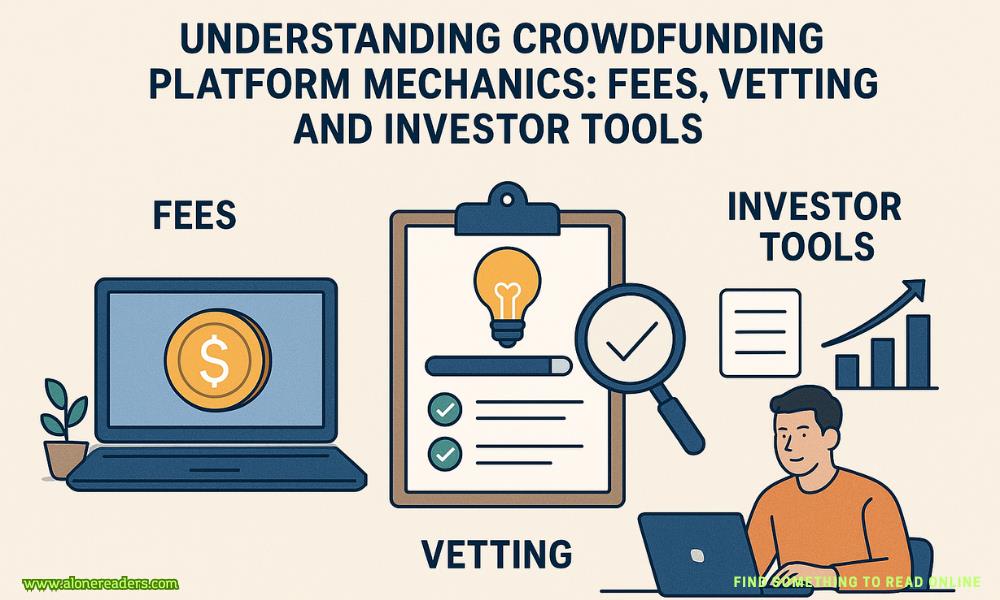
Crowdfunding is no longer a niche concept. It has evolved into a vital component of early-stage financing for startups, creative projects, and even social initiatives. With the rise of platforms like Kickstarter, Indiegogo, SeedInvest, and StartEngine, both creators and investors must navigate a system that is far from simplistic. Behind every project is a complex infrastructure involving business models, vetting processes, investor tools, and multilayered fee structures. For investors, understanding these inner mechanics can mean the difference between a well-informed bet and a costly mistake.
Reward-Based vs. Equity-Based Models
Most platforms fall into one of the following models:
Revenue Streams and Profit Centers
Kickstarter and Indiegogo (Reward-Based)
SeedInvest, StartEngine, and Wefunder (Equity-Based)
Due Diligence Requirements: Equity platforms typically demand:
Automated vs. Manual Vetting
While some platforms like Republic use a hybrid vetting model, relying on both algorithms and human analysts, many still prefer a manual-heavy process to reduce risk. This human layer remains essential for verifying intangible elements like team credibility or pitch quality.
Reward-Based Platforms
Kickstarter:
Indiegogo:
Equity-Based Platforms
SeedInvest:
StartEngine:
Wefunder:
Crowdfunding investors are exposed to asymmetric risk — startups may fail completely, and in most cases, securities are illiquid. As such, platforms increasingly provide tools to help mitigate those risks.
Financial Disclosures and Filings
Equity platforms are required under U.S. SEC rules to disclose:
These documents are often available in downloadable Form C formats, offering transparency rarely seen in traditional private markets.
Risk Ratings and Analytics
Communication Tools
Investors can:
Diversification Strategies and Minimums
Exit Possibilities
Regulation Crowdfunding (Reg CF)
Accredited vs. Non-Accredited Investors
Risks and Liquidity Issues
Conclusion: Transparency is Your Best Tool
Crowdfunding democratizes access to early-stage investment but brings a new level of due diligence to the investor’s plate. Each platform's mechanics—from how they make money to how they vet deals and support investors—affect outcomes. Whether backing a cool gadget or a promising fintech startup, investors must analyze platforms just as carefully as they assess campaigns.
Understanding the nuanced business models, vetting frameworks, and the tools at your disposal helps maximize reward while minimizing risk. The democratization of investment is powerful—but only when powered by informed decisions.